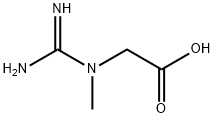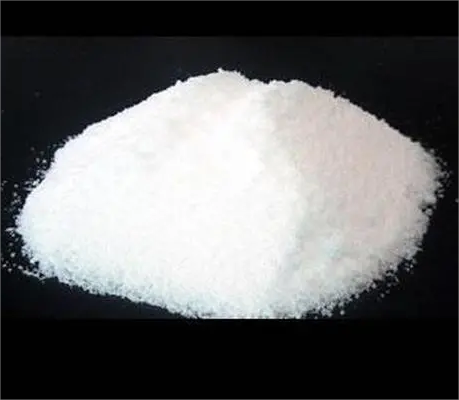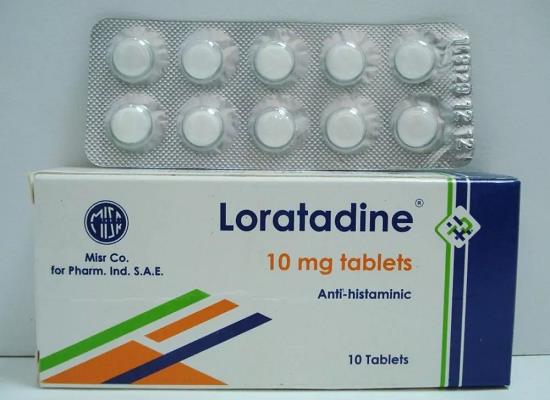Creatine supplementation: effects on brain function and health
General Description
Creatine supplementation has been extensively studied for its effects on muscle creatine levels and muscle function. It has been shown to increase muscle creatine levels, resulting in enhanced muscle performance. However, the impact of creatine supplementation on brain creatine and brain function is less researched. Some studies suggest a small increase in brain creatine content with supplementation, but further investigation is needed. In terms of cognitive function, the evidence is mixed, with some studies showing benefits in memory and executive function, particularly in aging adults and sleep-deprived individuals. Creatine has also shown potential effects on mental health disorders, such as depression and anxiety, with some studies indicating improvements in symptoms. However, more research, including larger-scale trials, is needed to fully understand the benefits and establish optimal dosages for different conditions.
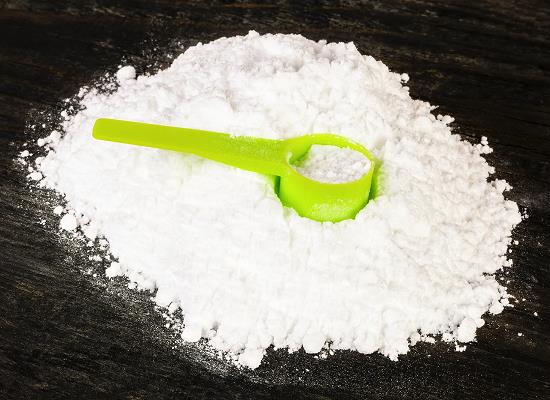
Figure 1. Creatine
Creatine supplementation
Creatine supplementation has been extensively studied in relation to its effects on muscle creatine levels and muscle function. Early studies conducted by Harris et al and Hultman et al demonstrated that oral creatine monohydrate supplementation resulted in increased muscle creatine levels. Further research using techniques such as nuclear magnetic resonance (NMR) spectroscopy and muscle biopsies confirmed these findings, showing that creatine supplementation can increase muscle creatine levels by around 20%. The magnitude of the increase varies among individuals, with some experiencing low, medium, or high increases of approximately 40%. Combining creatine supplementation with exercise, insulin, carbohydrate, protein, or lipoic acid can further enhance intramuscular creatine levels. While the effects of creatine supplementation on skeletal muscle have been extensively studied, there is limited research on its impact on brain creatine and brain function. Some studies have reported an increase in brain creatine content ranging from 3% to 10%, while others have found no change or even a decrease in brain PCr (phosphocreatine) levels. The brain has the ability to synthesize creatine, which may explain its resistance to exogenous creatine uptake compared to skeletal muscle. The optimal dosage of creatine for maximizing brain uptake and the simultaneous changes in creatine levels in multiple tissues are areas that require further investigation. Current research suggests that creatine supplementation can increase brain creatine content, although the magnitude of the increase is smaller compared to skeletal muscle. It is important to note that the supplementation protocols, study populations, and assessment methods vary across studies, making direct comparisons challenging. 1
Effects on brain function and health
Cognitive function
Research on the effects of creatine supplementation on cognitive function has produced mixed results. However, there is robust evidence that creatine plays an important role in brain bioenergetics and individuals with creatine deficient syndromes have shown mental and developmental disorders, which are at least partially reversed by creatine supplementation. Studies have found benefits of creatine supplementation on cognitive function in aging adults, vegetarians, and sleep-deprived individuals. Creatine supplementation improved measures of memory in aging adults and vegetarians, and attenuated the sleep-deprived loss of complex central executive function. However, other studies failed to find any significant effect of creatine supplementation on measures of memory in children, adults, and older adults. Overall, while the evidence for the effectiveness of creatine supplementation on cognitive function is not yet conclusive, it appears that its effects may be more robust when brain bioenergetics are challenged, such as during sleep deprivation. Further research is needed to determine the optimal dosage and duration of creatine supplementation for cognitive improvement. 2
Mental health
Creatine, a naturally occurring compound in the body, has shown potential effects on mental health disorders, particularly depression and anxiety. Studies have indicated that low levels of creatine in certain regions of the brain are associated with depression. Research conducted on animals and humans has demonstrated that creatine supplementation can improve depressive symptoms. It has been found to attenuate seizure severity and reduce depressive-like behaviors in epilepsy and Alzheimer's disease models. Creatine may activate the mammalian target of rapamycin complex 1 (mTORC1) pathway, which is associated with antidepressant effects. In the case of depression, both population-based research and smaller-scale clinical trials have shown promising results with creatine supplementation. Most studies have observed clinically relevant improvements, especially in female participants. However, some studies have not found any benefit. Larger-scale randomized control trials are needed to further explore the potential of creatine as an intervention for different forms of depression. Limited research has been conducted on the role of creatine in generalized anxiety disorder (GAD) and post-traumatic stress disorder (PTSD). Preliminary evidence suggests that creatine levels may be lower in patients with GAD and PTSD. Case studies have reported improvements in symptoms with creatine supplementation in individuals with PTSD receiving psychotropic treatment. Further investigation is required to determine the efficacy of creatine in these conditions. In conclusion, while there is growing interest in the use of creatine for mental health disorders, more research, including larger-scale trials, is needed to fully understand its potential benefits and establish optimal dosages for different conditions. 1
Reference
1. Forbes SC, Cordingley DM, Cornish SM, Gualano B, Roschel H, Ostojic SM, Rawson ES, Roy BD, Prokopidis K, Giannos P, Candow DG. Effects of Creatine Supplementation on Brain Function and Health. Nutrients. 2022 Feb 22;14(5):921.
2. Avgerinos KI, Spyrou N, Bougioukas KI, Kapogiannis D. Effects of creatine supplementation on cognitive function of healthy individuals: A systematic review of randomized controlled trials. Exp Gerontol. 2018 Jul 15;108:166-173.
Related articles And Qustion
Lastest Price from Creatine manufacturers
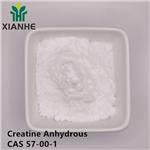
US $0.00/kg2025-04-30
- CAS:
- 57-00-1
- Min. Order:
- 1kg
- Purity:
- 0.99
- Supply Ability:
- 1000kg
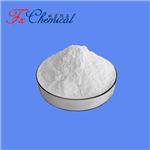
US $0.00/KG2025-04-21
- CAS:
- 57-00-1
- Min. Order:
- 1KG
- Purity:
- 98%min
- Supply Ability:
- 30tons/month
